LITERARY ANALYSIS ANDLITERARY ANALYSIS STUDYING AND ANALYZING WORKS OF LITERATURE FROM DIFFERENT TIME PERIODS, GENRES, AND CULTURES
5000 so'm
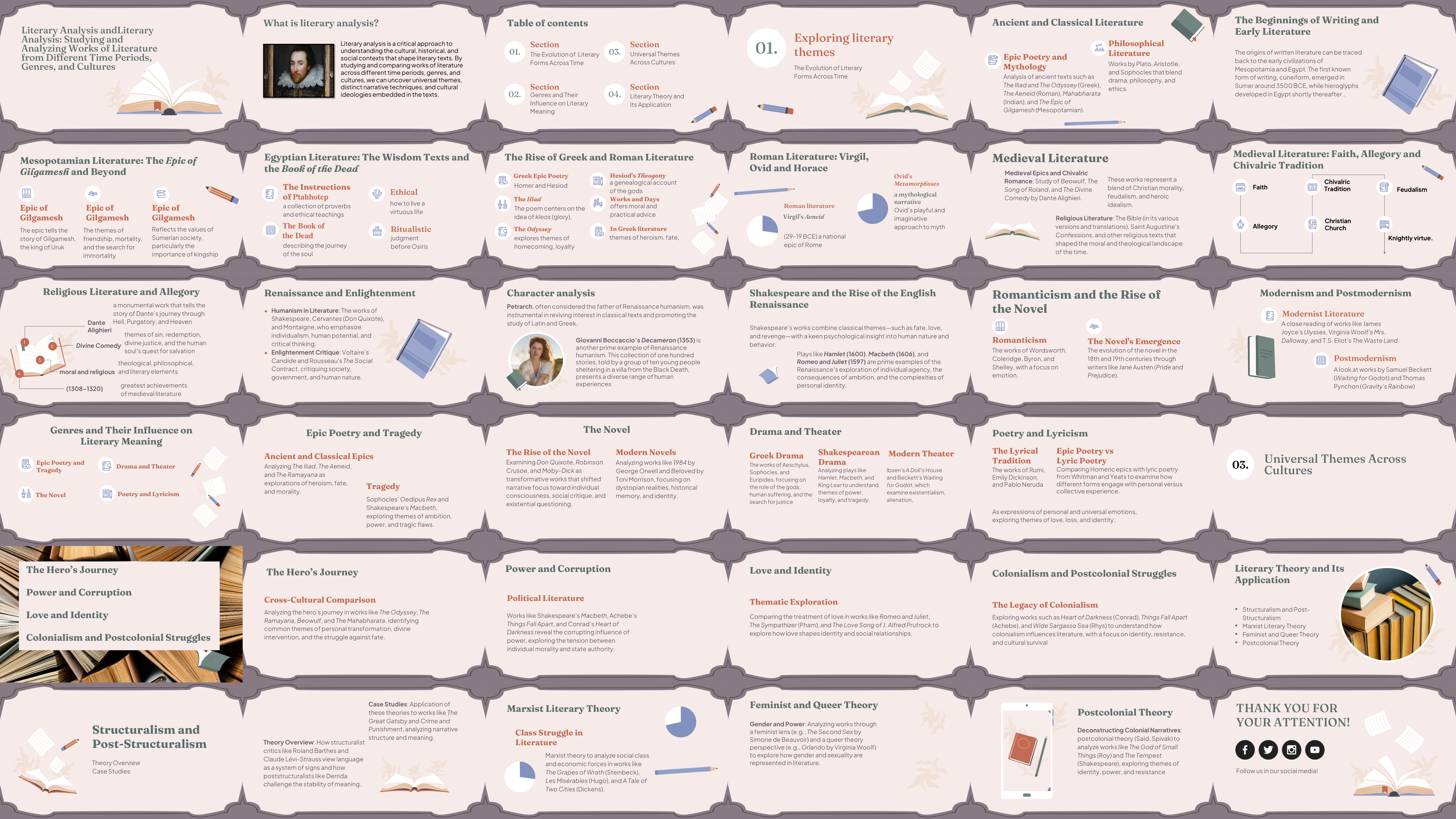
Slayd 1
Literary Analysis andLiterary Analysis: Studying and Analyzing Works of Literature from Different Time Periods, Genres, and Cultures
Slayd 2
What is literary analysis?
Literary analysis is a critical approach to understanding the cultural, historical, and social contexts that shape literary texts. By studying and comparing works of literature across different time periods, genres, and cultures, we can uncover universal themes, distinct narrative techniques, and cultural ideologies embedded in the texts.
Slayd 3
Table of contents
The Evolution of Literary
Forms Across Time
01.
Section
Genres and Their Influence on Literary Meaning
02.
Universal Themes Across Cultures
03.
Literary Theory and Its Application
04.
Slayd 4
Exploring literary themes
01.
The Evolution of Literary Forms Across Time
Slayd 5
Ancient and Classical Literature
Analysis of ancient texts such as The Iliad and The Odyssey (Greek), The Aeneid (Roman), Mahabharata (Indian), and The Epic of Gilgamesh (Mesopotamian).
Epic Poetry and Mythology
Works by Plato, Aristotle, and Sophocles that blend drama, philosophy, and ethics.
Philosophical Literature
Slayd 6
The Beginnings of Writing and Early Literature
The origins of written literature can be traced back to the early civilizations of Mesopotamia and Egypt. The first known form of writing, cuneiform, emerged in Sumer around 3500 BCE, while hieroglyphs developed in Egypt shortly thereafter..
Slayd 7
Mesopotamian Literature: The Epic of Gilgamesh and Beyond
The epic tells the story of Gilgamesh, the king of Uruk
Epic of Gilgamesh
The themes of friendship, mortality, and the search for immortality
Reflects the values of Sumerian society, particularly the importance of kingship
Slayd 8
Egyptian Literature: The Wisdom Texts and the Book of the Dead
a collection of proverbs and ethical teachings
The Book of
the Dead
Ethical
The Instructions
of Ptahhotep
describing the journey
of the soul
how to live a virtuous life
judgment before Osiris
Ritualistic
Slayd 9
The Rise of Greek and Roman Literature
Homer and Hesiod
Greek Epic Poetry
The poem centers on the idea of kleos (glory),
The Iliad
explores themes of homecoming, loyalty
The Odyssey
a genealogical account of the gods
Hesiod’s Theogony
offers moral and practical advice
Works and Days
themes of heroism, fate,
In Greek literature
Slayd 10
Virgil’s Aeneid
Roman Literature: Virgil, Ovid and Horace
(29-19 BCE) a national epic of Rome
Roman literature
a mythological narrative
Ovid’s playful and imaginative approach to myth
Ovid’s Metamorphoses
Slayd 11
Medieval Literature
Medieval Epics and Chivalric Romance: Study of Beowulf, The Song of Roland, and The Divine Comedy by Dante Alighieri.
These works represent a blend of Christian morality, feudalism, and heroic idealism.
Religious Literature: The Bible (in its various versions and translations), Saint Augustine’s Confessions, and other religious texts that shaped the moral and theological landscape of the time.
Slayd 12
Medieval Literature: Faith, Allegory and Chivalric Tradition
Faith
Allegory
Chivalric Tradition
Christian Church
Feudalism
Knightly virtue.
Slayd 13
Religious Literature and Allegory
a monumental work that tells the story of Dante’s journey through Hell, Purgatory, and Heaven
Dante Alighieri
themes of sin, redemption, divine justice, and the human soul’s quest for salvation
Divine Comedy
theological, philosophical, and literary elements
moral and religious
greatest achievements of medieval literature
(1308–1320)
1.
2.
4.
3.
Slayd 14
Renaissance and Enlightenment
Humanism in Literature: The works of Shakespeare, Cervantes (Don Quixote), and Montaigne, who emphasize individualism, human potential, and critical thinking.
Enlightenment Critique: Voltaire’s Candide and Rousseau’s The Social Contract, critiquing society, government, and human nature.
Slayd 15
Character analysis
Petrarch, often considered the father of Renaissance humanism, was instrumental in reviving interest in classical texts and promoting the study of Latin and Greek.
Giovanni Boccaccio’s Decameron (1353) is another prime example of Renaissance humanism. This collection of one hundred stories, told by a group of ten young people sheltering in a villa from the Black Death, presents a diverse range of human experiences
Slayd 16
Shakespeare’s works combine classical themes—such as fate, love, and revenge—with a keen psychological insight into human nature and behavior.
Shakespeare and the Rise of the English Renaissance
Plays like Hamlet (1600), Macbeth (1606), and Romeo and Juliet (1597) are prime examples of the Renaissance’s exploration of individual agency, the consequences of ambition, and the complexities of personal identity.
Slayd 17
Romanticism and the Rise of the Novel
The works of Wordsworth, Coleridge, Byron, and Shelley, with a focus on emotion,
Romanticism
The evolution of the novel in the 18th and 19th centuries through writers like Jane Austen (Pride and Prejudice).
The Novel’s Emergence
Slayd 18
Modernism and Postmodernism
A close reading of works like James Joyce’s Ulysses, Virginia Woolf’s Mrs. Dalloway, and T.S. Eliot’s The Waste Land.
Postmodernism
Modernist Literature
A look at works by Samuel Beckett (Waiting for Godot) and Thomas Pynchon (Gravity’s Rainbow)
Slayd 19
Genres and Their Influence on Literary Meaning
Epic Poetry and Tragedy
The Novel
Drama and Theater
Poetry and Lyricism
Slayd 20
Epic Poetry and Tragedy
Analyzing The Iliad, The Aeneid, and The Ramayana as explorations of heroism, fate, and morality.
Ancient and Classical Epics
Sophocles’ Oedipus Rex and Shakespeare’s Macbeth, exploring themes of ambition, power, and tragic flaws.
Tragedy
Slayd 21
The Novel
Examining Don Quixote, Robinson Crusoe, and Moby-Dick as transformative works that shifted narrative focus toward individual consciousness, social critique, and existential questioning.
The Rise of the Novel
Analyzing works like 1984 by George Orwell and Beloved by Toni Morrison, focusing on dystopian realities, historical memory, and identity.
Modern Novels
Slayd 22
Drama and Theater
The works of Aeschylus, Sophocles, and Euripides, focusing on the role of the gods, human suffering, and the search for justice
Greek Drama
Analyzing plays like Hamlet, Macbeth, and King Lear to understand themes of power, loyalty, and tragedy.
Shakespearean Drama
Ibsen’s A Doll’s House and Beckett’s Waiting for Godot, which examine existentialism, alienation,
Modern Theater
Slayd 23
Poetry and Lyricism
The works of Rumi, Emily Dickinson, and Pablo Neruda
The Lyrical Tradition
As expressions of personal and universal emotions, exploring themes of love, loss, and identity.
Comparing Homeric epics with lyric poetry from Whitman and Yeats to examine how different forms engage with personal versus collective experience.
Epic Poetry vs Lyric Poetry
Slayd 24
Universal Themes Across Cultures
03.
Slayd 25
The Hero’s JourneyPower and CorruptionLove and IdentityColonialism and Postcolonial Struggles
Slayd 26
The Hero’s Journey
Analyzing the hero’s journey in works like The Odyssey, The Ramayana, Beowulf, and The Mahabharata, identifying common themes of personal transformation, divine intervention, and the struggle against fate.
Cross-Cultural Comparison
Slayd 27
Power and Corruption
Works like Shakespeare’s Macbeth, Achebe’s Things Fall Apart, and Conrad’s Heart of Darkness reveal the corrupting influence of power, exploring the tension between individual morality and state authority.
Political Literature
Slayd 28
Love and Identity
Comparing the treatment of love in works like Romeo and Juliet, The Sympathizer (Pham), and The Love Song of J. Alfred Prufrock to explore how love shapes identity and social relationships.
Thematic Exploration
Slayd 29
Colonialism and Postcolonial Struggles
Exploring works such as Heart of Darkness (Conrad), Things Fall Apart (Achebe), and Wide Sargasso Sea (Rhys) to understand how colonialism influences literature, with a focus on identity, resistance, and cultural survival
The Legacy of Colonialism
Slayd 30
Literary Theory and Its Application
Structuralism and Post-Structuralism
Marxist Literary Theory
Feminist and Queer Theory
Postcolonial Theory
Slayd 31
Structuralism and Post-Structuralism
Theory Overview
Case Studies
Slayd 32
Theory Overview: How structuralist critics like Roland Barthes and Claude Lévi-Strauss view language as a system of signs and how poststructuralists like Derrida challenge the stability of meaning.
Case Studies: Application of these theories to works like The Great Gatsby and Crime and Punishment, analyzing narrative structure and meaning.
Slayd 33
Marxist Literary Theory
Marxist theory to analyze social class and economic forces in works like The Grapes of Wrath (Steinbeck), Les Misérables (Hugo), and A Tale of Two Cities (Dickens).
Class Struggle in Literature
Slayd 34
Feminist and Queer Theory
Gender and Power: Analyzing works through a feminist lens (e.g., The Second Sex by Simone de Beauvoir) and a queer theory perspective (e.g., Orlando by Virginia Woolf) to explore how gender and sexuality are represented in literature.
Slayd 35
Postcolonial Theory
Deconstructing Colonial Narratives: postcolonial theory (Said, Spivak) to analyze works like The God of Small Things (Roy) and The Tempest (Shakespeare), exploring themes of identity, power, and resistance
Slayd 36
THANK YOU FOR YOUR ATTENTION!
Follow us in our social media!
Slayd 37
Foydali havolalar
🛒 Barcha taqdimotlar | 📰 Yangiliklar | ℹ️ Biz haqimizda
| 5 |
|
0 |
| 4 |
|
0 |
| 3 |
|
0 |
| 2 |
|
0 |
| 1 |
|
0 |



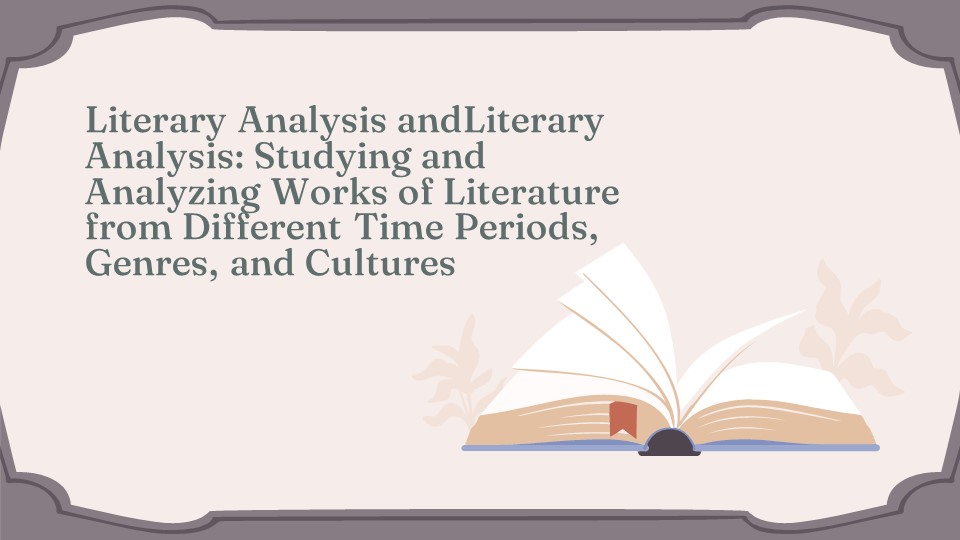



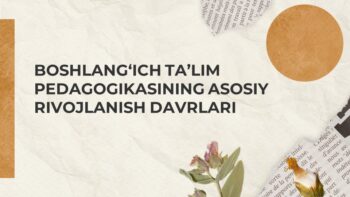
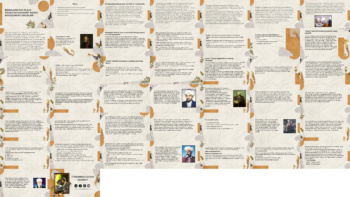
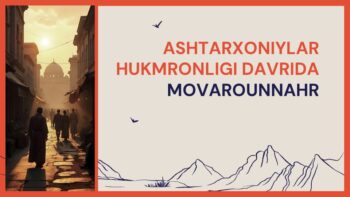
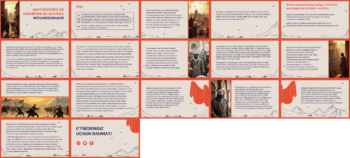
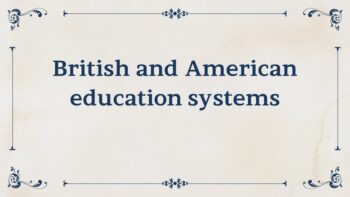
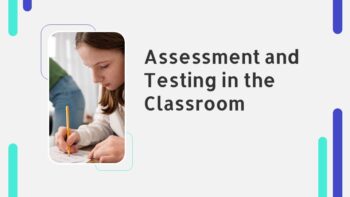
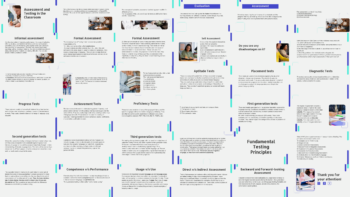
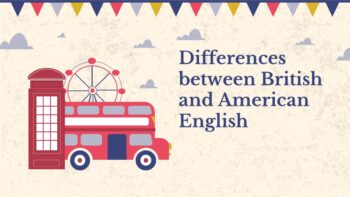
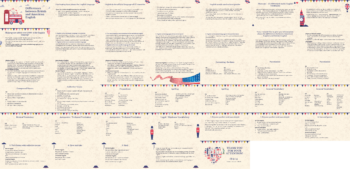

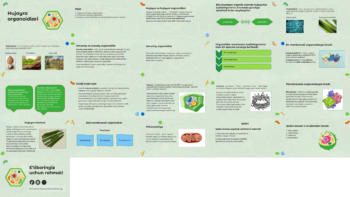
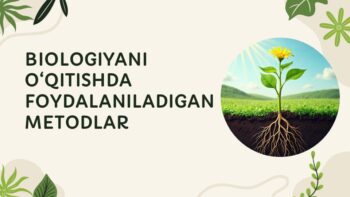
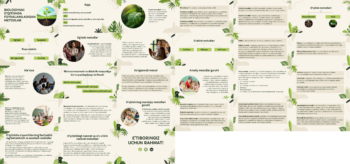

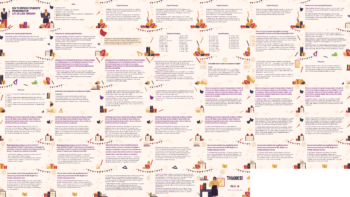

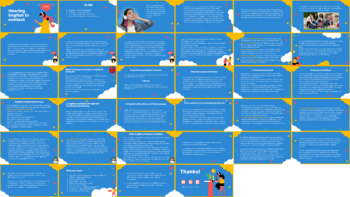
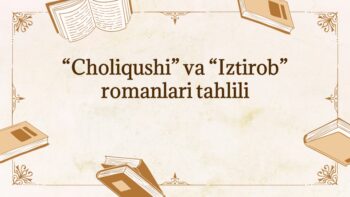
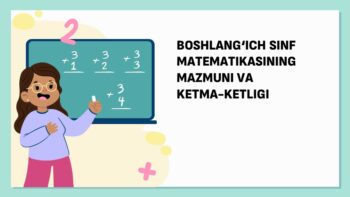
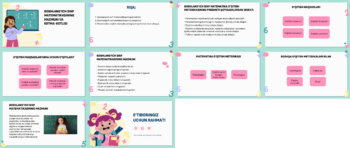
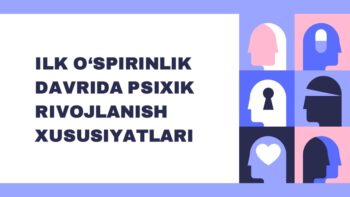
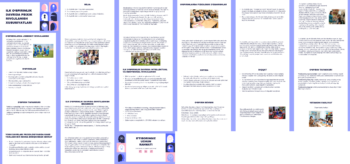
Sharhlar
Hali sharhlar mavjud emas.